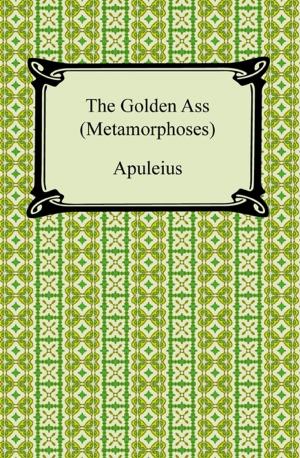Plutarch's Morals: Ethical Essays
Nonfiction, Religion & Spirituality, Philosophy, Ethics & Moral Philosophy| Author: | Plutarch | ISBN: | 9781420942071 |
| Publisher: | Neeland Media LLC | Publication: | December 15, 2009 |
| Imprint: | Digireads.com Publishing | Language: | English |
| Author: | Plutarch |
| ISBN: | 9781420942071 |
| Publisher: | Neeland Media LLC |
| Publication: | December 15, 2009 |
| Imprint: | Digireads.com Publishing |
| Language: | English |
Plutarch (46-120 CE), also known as Plutarchos, his given name, and Lucuis Mestrius Plutarchus, his name once he became a Roman citizen, was something like a celebrity in Ancient Rome. Born in Boetia, a place thought to produce dim-witted men, Plutarch truly defied the regional superstition. He was a celebrated historian, essayist, and biographer, and mayor. He travelled all over the Mediterranean, but lived most of his life in Chaeronea. Just twenty miles from his home, he held the position of senior priest at the storied Oracle of Delphi, and translated the prophesies of Pythia. He wrote many biographies, as well as philosophical and moral essays that have hugely impacted English and French literature. His influence is seen in the works of Shakespeare, Emerson, and Montaigne, among so many others. Contained here in this edition are a collection of his essays on morality.
Plutarch (46-120 CE), also known as Plutarchos, his given name, and Lucuis Mestrius Plutarchus, his name once he became a Roman citizen, was something like a celebrity in Ancient Rome. Born in Boetia, a place thought to produce dim-witted men, Plutarch truly defied the regional superstition. He was a celebrated historian, essayist, and biographer, and mayor. He travelled all over the Mediterranean, but lived most of his life in Chaeronea. Just twenty miles from his home, he held the position of senior priest at the storied Oracle of Delphi, and translated the prophesies of Pythia. He wrote many biographies, as well as philosophical and moral essays that have hugely impacted English and French literature. His influence is seen in the works of Shakespeare, Emerson, and Montaigne, among so many others. Contained here in this edition are a collection of his essays on morality.
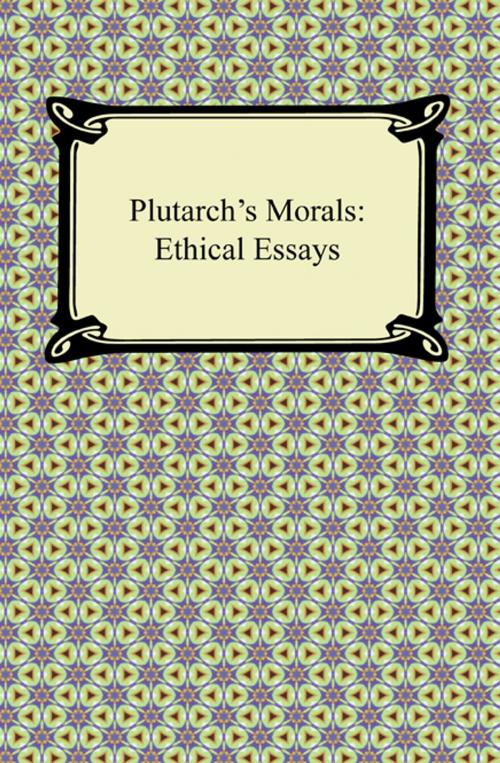
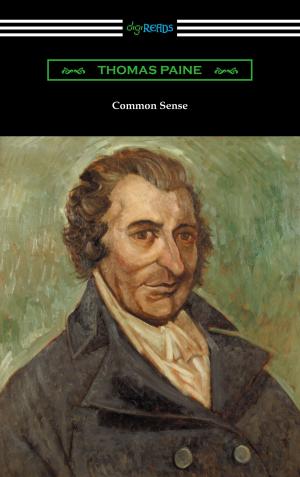
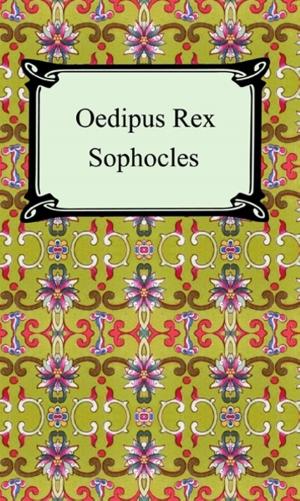




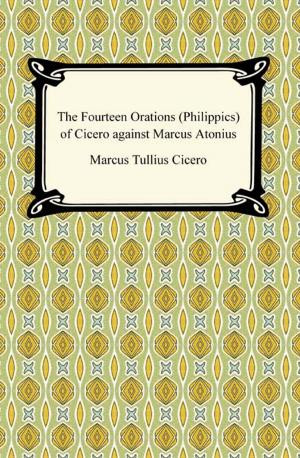

![Cover of the book Dante's Purgatorio (The Divine Comedy, Volume II, Purgatory) [Translated by Henry Wadsworth Longfellow with an Introduction by William Warren Vernon] by Plutarch](https://www.kuoky.com/images/2017/may/300x300/9781420954968-2oRA_300x.jpg)


